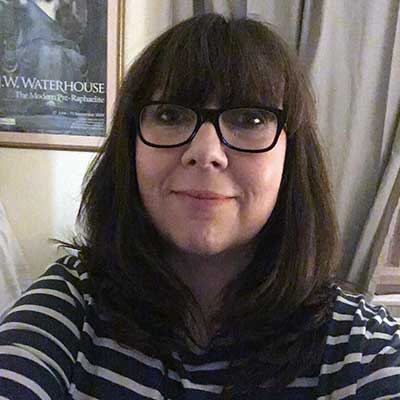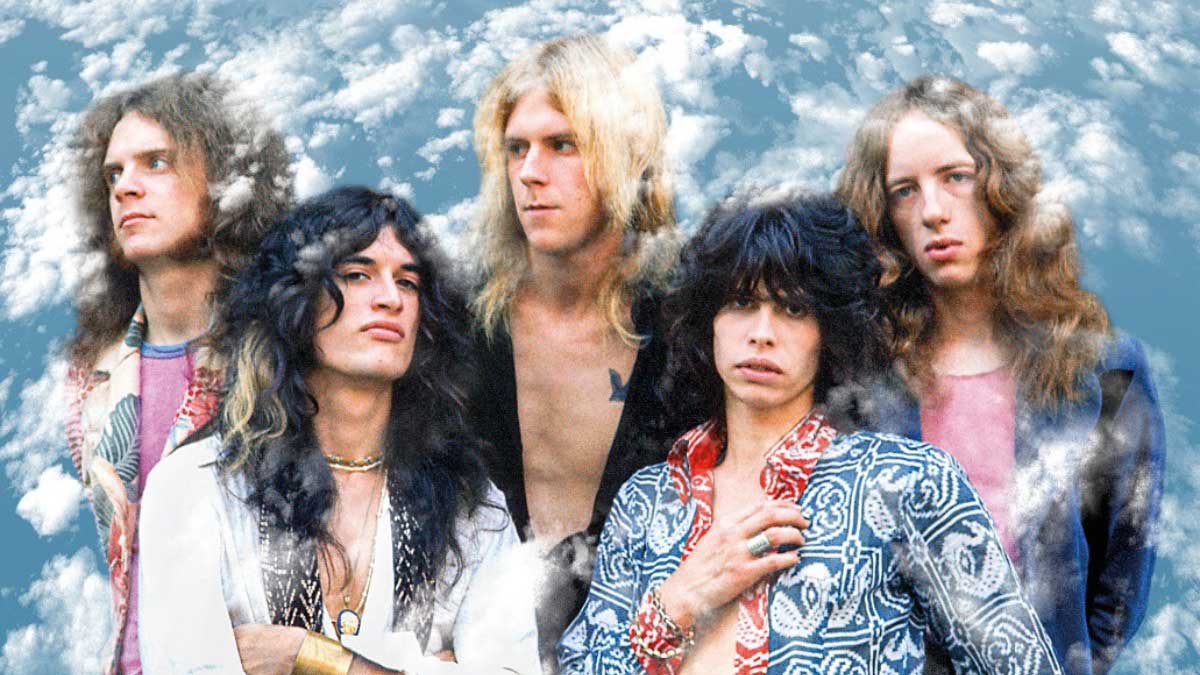How a psychotic reaction inspired The Groundhogs' revolutionary classic Split
In 1971 The Groundhogs released Split, a savage, four-part suite titled documenting a traumatic brush with drugs experienced by frontman Tony McPhee

Grungy, aggressive and profoundly inventive, Groundhogs’ fourth album Split saw the increasingly smooth path the British blues pack was taking in the early 70s and ran in the opposite direction.
In doing so, it helped reinvent late bandleader/guitarist Tony McPhee as one of the most radical and experimental musicians around.
Lincolnshire-born McPhee was a one-time telephone engineer who exercised his fascination with technology by modifying his gear and drilling into every guitar that he owned. After meeting singer/harp player John Cruickshank at the GPO, he joined his South London blues band the Dollar Bills in 1963. Newly rechristened The Groundhogs, after a John Lee Hooker song, they became a backing-band-for-hire, playing with Little Walter, Champion Jack Dupree and Hooker himself.
By 1965, soul had displaced blues, and The Groundhogs called it a day. McPhee was approached by John Mayall to replace Eric Clapton in the Bluesbreakers, offering him £40 a week.
“I wouldn’t take it,” McPhee told Classic Rock in 2016 (his speech was impaired after suffering from three strokes and he communicated with the help of his wife, Joanna, but his memories were sharp). “Eric had warned me off, saying Mayall was a megalomaniac.” A few months later Clapton would be back at his post anyway.
The Bluesbreakers and Peter Green’s Fleetwood Mac were resuscitating the British blues scene and in 1968 Liberty Records’ young head of A&R, Andrew Lauder, asked McPhee to re-form his old band.
Now trading as just Groundhogs, McPhee plus his old Dollar Bills band colleagues, bassist Pete Cruickshank and drummer Ken Pustelnik, operated as a power trio. By their third album, 1970’s avant-garde Thank Christ For The Bomb, they’d carved out a reputation as a progressively-minded blues band. But it would be the follow-up, Split, that came hurtling out of the left-field. The album’s central theme was McPhee’s sole brush with drugs – he calls it his “mental abberation” – after a day out with his landlady and her son in London’s Green Park.
Sign up below to get the latest from Classic Rock, plus exclusive special offers, direct to your inbox!
“I’d been passed a joint by Ken Pustelnik and it was particularly strong,” he remembered. “I woke up in a panic in the middle of the night – a door in my mind had opened which I couldn’t close. I ran to the kitchen and waited for the night to be over, but then I had to face the day."
After gathering himself together psychologically, he put together a collection of acoustic songs called Nocturne In A Flat, only to throw the title away for being “too pompous”. Instead, a savage, four-part suite titled Split evolved, soundtracking his psychotic reaction.
McPhee debuted Split 2 at a soundcheck, encouraging Cruickshank and Pustelnik to play it that night. The band agreed and it become part of the live set. That November, Split was recorded over two weeks in Soho’s De Lane Lea Studios, with McPhee producing and future Deep Purple associate Martin Birch engineering. “He was simpatico with what I’d gone through,” said McPhee.
The night they finished, McPhee walked the tapes round to Andrew Lauder at his office. “We played it through and it sounded crap – then Martin realised the tape was on backwards!”
In reality, Split was revolutionary: McPhee played the role of mad scientist, wresting ever-weirder noises from his hand-built amps and instruments. The Split movement that took up side one went from melodic folk-blues picking to Beefheart-esque experimentalism. Side two was punched up by a newly acquired Dallas Arbiter Add-A-Sound octave splitter that tipped the incendiary, feedback-rent Cherry Red into schizophrenic overdrive, while Junkman’s condemnation of fast food spun off into nightmarish idiosyncrasy. There was just the final track, a low-key rendering of John Lee Hooker’s Groundhog, for the faint-hearted to cling to. But the group’s fans embraced it all – released in the spring of 1971, the album reached No.5 in the UK.
McPhee wound down the band in 1975, following three more studio albums (and an exploratory electronic-blues solo album, Two Sides Of Tony McPhee). He would resurrect Groundhogs in the 80s, though he was forced to put music on the back-burner in 2009 following his strokes.
When McPhee last spoke with Classic Rock he accepted that he never had the same profile as some of his contemporaries – “I wasn’t fashionable, and I’d sit in the corner at parties” – but he’d come to appreciate Groundhogs’ influence.
“Captain Sensible has done his best to get our name out there,” he says, “and [Sub Pop producer] Jack Endino has played us to every band he’s produced – Mudhoney, Soundgarden, Nirvana… Queens Of The Stone Age cover Eccentric Man.”
He’s even philosophical about the events that caused Split.
“It did change me a little bit,” he admitted, “but it had to happen that way. I’m glad it produced those songs."
Jo is a journalist, podcaster, event host and music industry lecturer who joined Kerrang! in 1999 and then the dark side – Prog – a decade later as Deputy Editor. Jo's had tea with Robert Fripp, touched Ian Anderson's favourite flute (!) and asked Suzi Quatro what one wears under a leather catsuit. Jo is now Associate Editor of Prog, and a regular contributor to Classic Rock. She continues to spread the experimental and psychedelic music-based word amid unsuspecting students at BIMM Institute London and can be occasionally heard polluting the BBC Radio airwaves as a pop and rock pundit. Steven Wilson still owes her £3, which he borrowed to pay for parking before a King Crimson show in Aylesbury.

